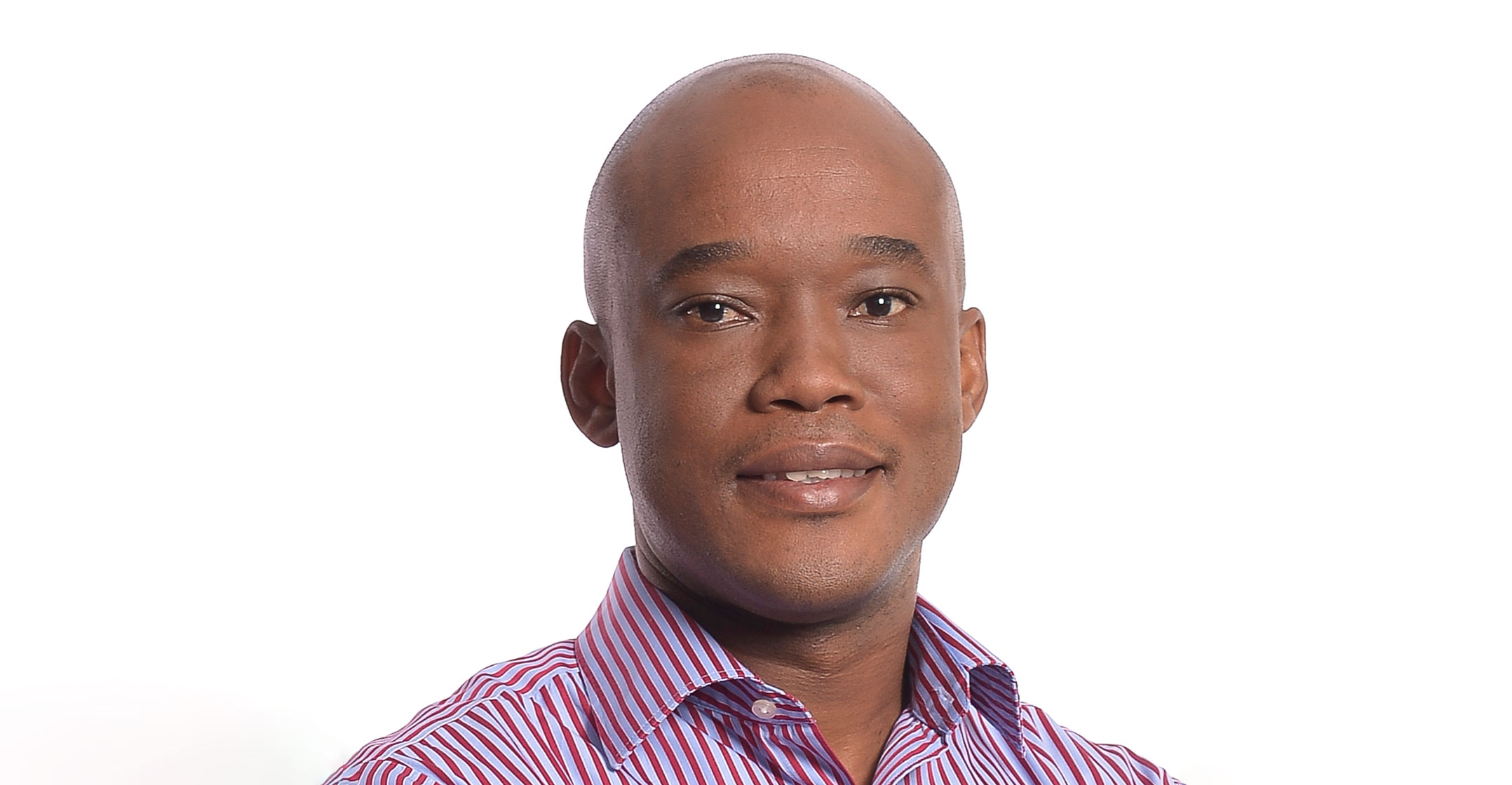
The University of Pretoria and MultiChoice South Africa have partnered to develop scarce artificial intelligence skills in South Africa, specifically in machine-learning technology.
MultiChoice has sponsored a research chair of machine learning at the university. According to the pay-television broadcaster, the field of AI — and specifically machine and deep learning — is key to the so-called fourth Industrial Revolution.
“As a country, we need to embrace the opportunities the fourth Industrial Revolution brings and develop the necessary competencies by inclusion into our education and training sector…
“I envisage that this partnership between the University of Pretoria and MultiChoice will develop and create an interest in AI and machine-learning skills that will make a significant contribution to research in this area for our country,” said higher education & training deputy minister Buti Manamela.
MultiChoice South Africa CEO Calvo Mawela said the chair will help MultiChoice to grow its pool of talent in engineering and to help the company build its digital future.
“This chair will enable us to tap into the largest and highest internationally ranked local engineering school, with an excellent transformation record. More importantly, we’ll make a significant contribution to South Africa to compete on an international stage in the new digital future.
“Technology and innovation is part of our DNA as a company, so this is a natural extension to ensure we remain at the forefront of developments,” Mawela said.
MultiChoice has identified opportunities for AI, specifically machine and deep learning to add value to their business ranging from content selection, automated editing and archiving, content recommendations, natural language processing in their customer care platforms, and automated piracy detection.
“There is a severe skills shortage worldwide, and even more so in Africa… There are only 6 000 PhD programmes, with little experience and a 20 000-strong skilled pool of talent, with 30% of the global pool of talent coming from only six organisations,” said Mawela.
The research chair will act as a bridge between the two partners to guide them on the projects and research topics to be chosen for sponsorship.
It will also include awarding bursaries and support for students at all levels. The projects will range from final year and honours projects through to master’s and PhD degrees in engineering, data science and computer science. — SAnews




